Enchanting Egypt Trip
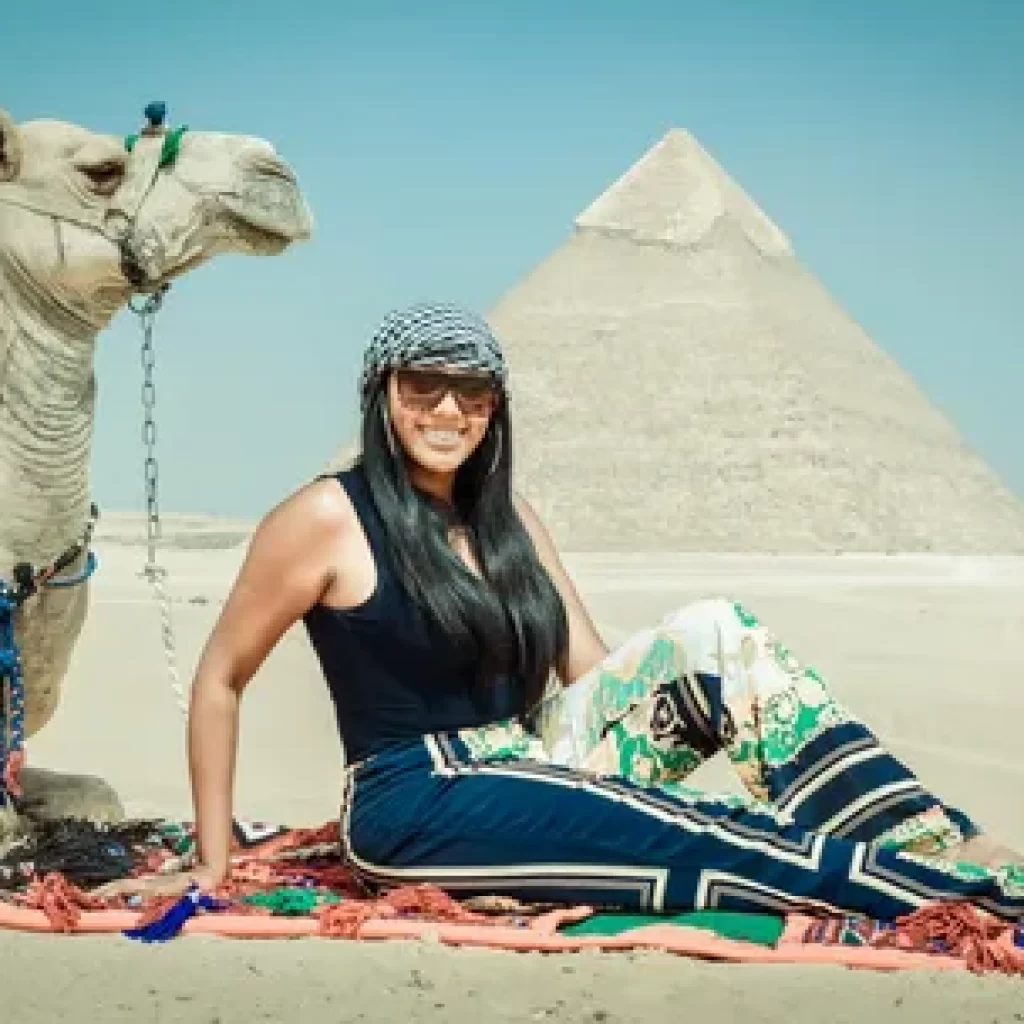
Table of Contents:Egypt trip
- Introduction
- Discovering Cairo’s Rich History
- The Pyramids of Giza: A Timeless Marvel
- Exploring the Egyptian Museum
- Cruising the Nile River
- Luxor: The World’s Greatest Open-Air Museum
- The Temples of Karnak and Luxor
- Aswan: The Jewel of the Nile
- Unveiling Abu Simbel’s Grandeur
- Experiencing Egyptian Cuisine
- Navigating Egyptian Bazaars
- Conclusion
- FAQs
Introduction: Egypt trip
Embarking on an Egypt trip is like stepping into a living history book, where every corner tells tales of ancient civilizations, pharaohs, and legendary gods. From the bustling streets of Cairo to the serene waters of the Nile, Egypt offers a unique blend of historical grandeur and modern charm. This article delves into the wonders that await on an Egypt trip, guiding you through must-visit sites and experiences.
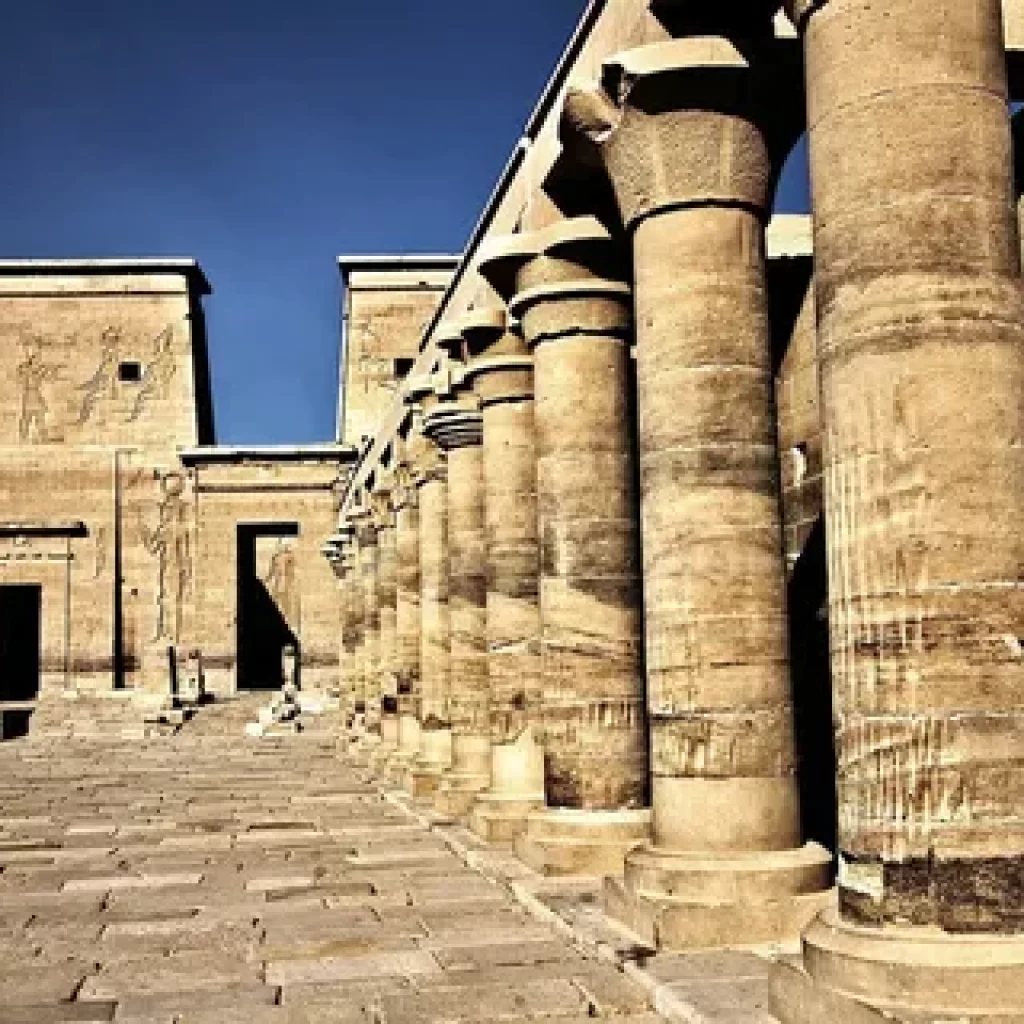
1. Discovering Cairo’s Rich History
Cairo, the sprawling capital of Egypt, is a city where past and present seamlessly intertwine. Begin your Egypt trip with a stroll through its historic neighbourhoods. Visit the Citadel of Saladin, an imposing fortress that offers panoramic views of the city. Don’t miss the Al-Azhar Mosque, a beacon of Islamic scholarship since the 10th century. The bustling Khan El Khalili bazaar, with its labyrinthine alleys, is perfect for soaking up the local culture and picking up souvenirs.
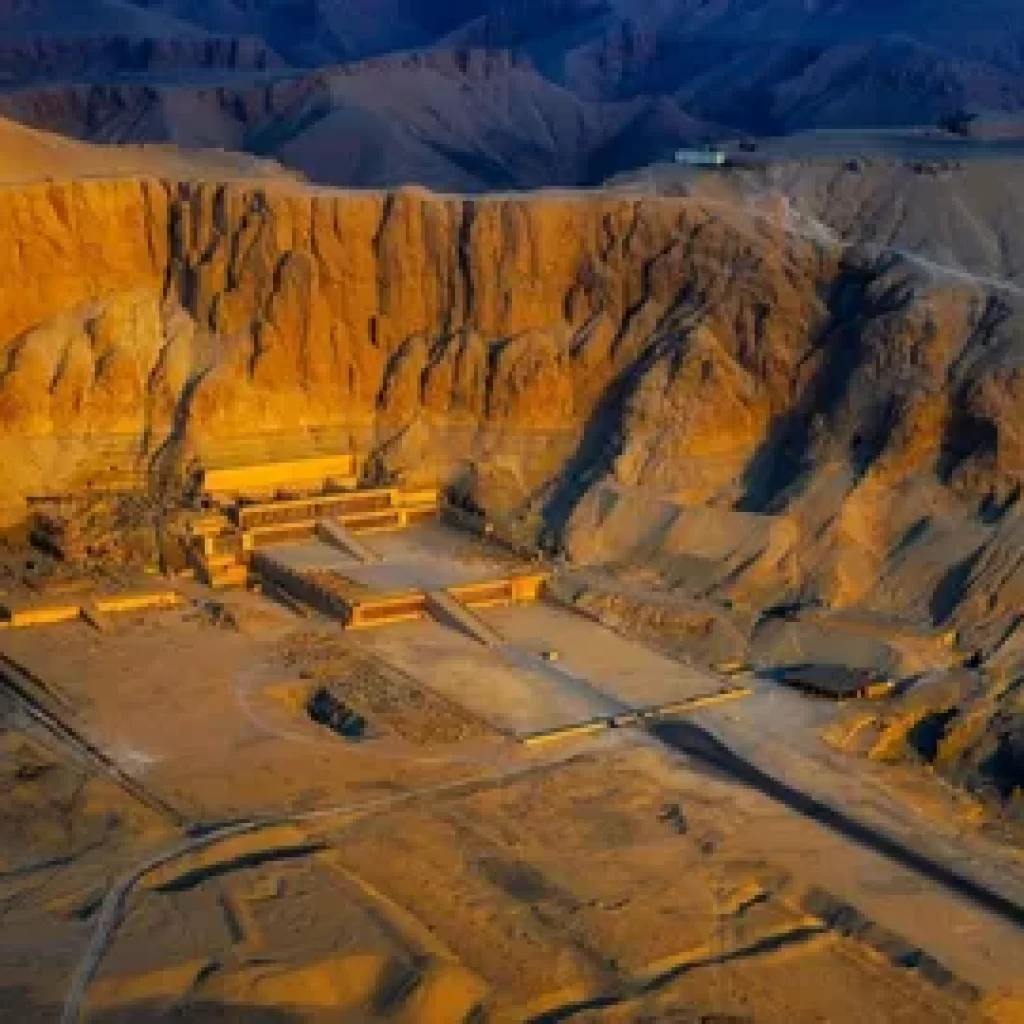
2. The Pyramids of Giza: A Timeless Marvel
No Egypt trip is complete without witnessing the iconic Pyramids of Giza. These ancient wonders, built over 4,500 years ago, stand as a testament to the ingenuity of the ancient Egyptians. Marvel at the grandeur of the Great Pyramid of Khufu, explore the enigmatic Sphinx and consider taking a camel ride around the plateau for a different perspective. The nearby Solar Boat Museum, housing an ancient vessel, provides further insight into Egypt’s rich history.
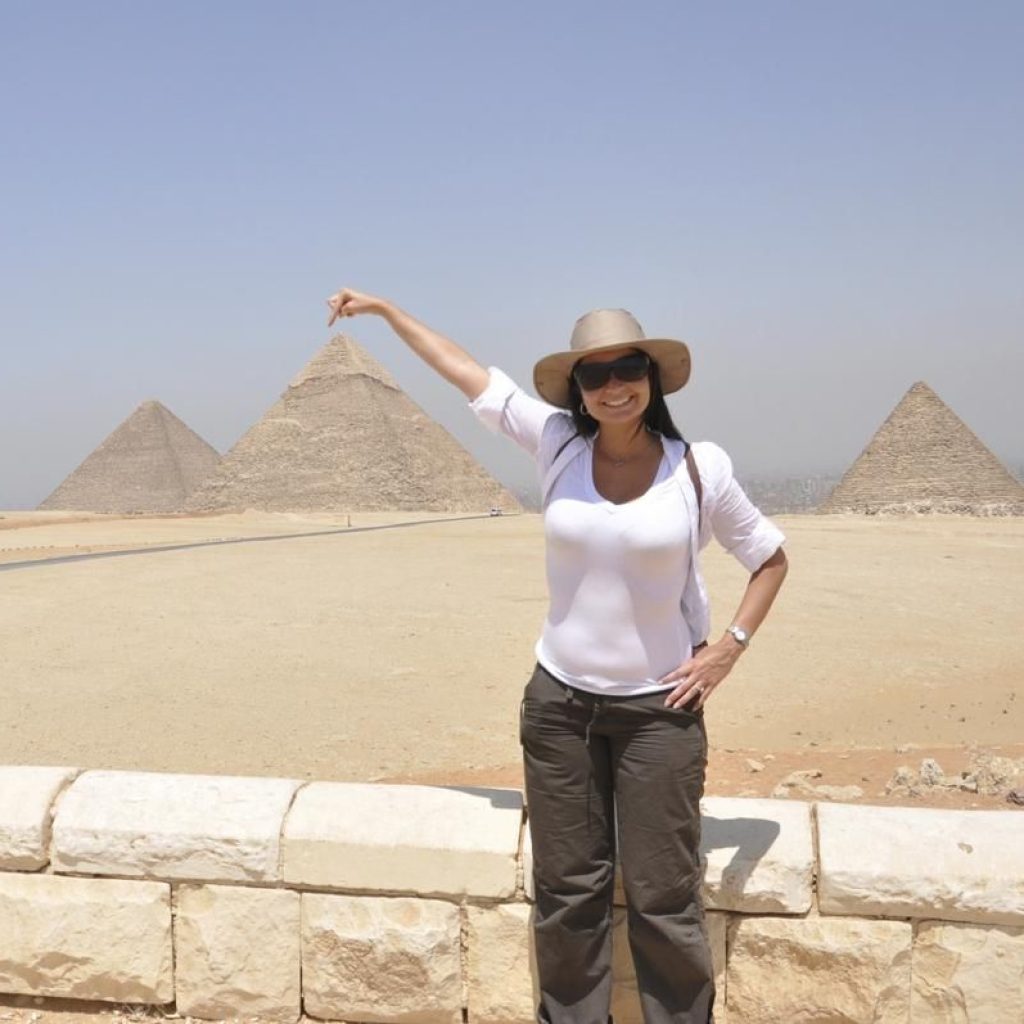
3. Exploring the Egyptian Museum
Home to an extensive collection of ancient artefacts, the Egyptian Museum in Cairo is a treasure trove for history enthusiasts. The museum’s highlight is the Tutankhamun Gallery, showcasing the boy king’s golden mask and tomb treasures. Other notable exhibits include the Royal Mummy Room, where you can come face-to-face with some of Egypt’s most famous pharaohs. The museum’s vast array of artefacts offers a comprehensive overview of ancient Egyptian civilization.
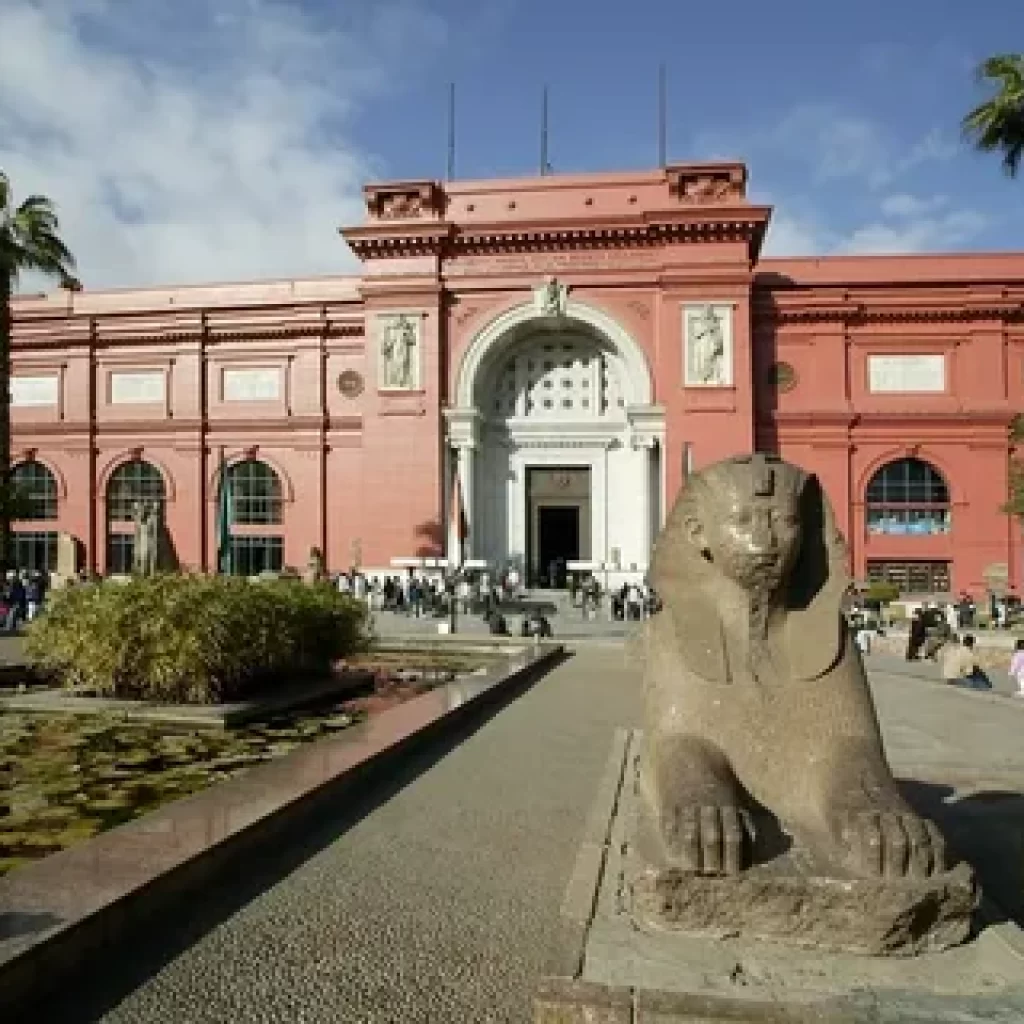
4. Cruising the Nile River
A Nile cruise is a quintessential part of any Egypt trip, offering a leisurely way to explore the country’s ancient sites. Sail from Luxor to Aswan, stopping at significant temples and monuments along the way. These cruises often include guided tours, entertainment, and luxurious amenities, allowing you to relax and take in the breathtaking scenery. The sunsets over the Nile are particularly enchanting, painting the sky in hues of orange and pink.
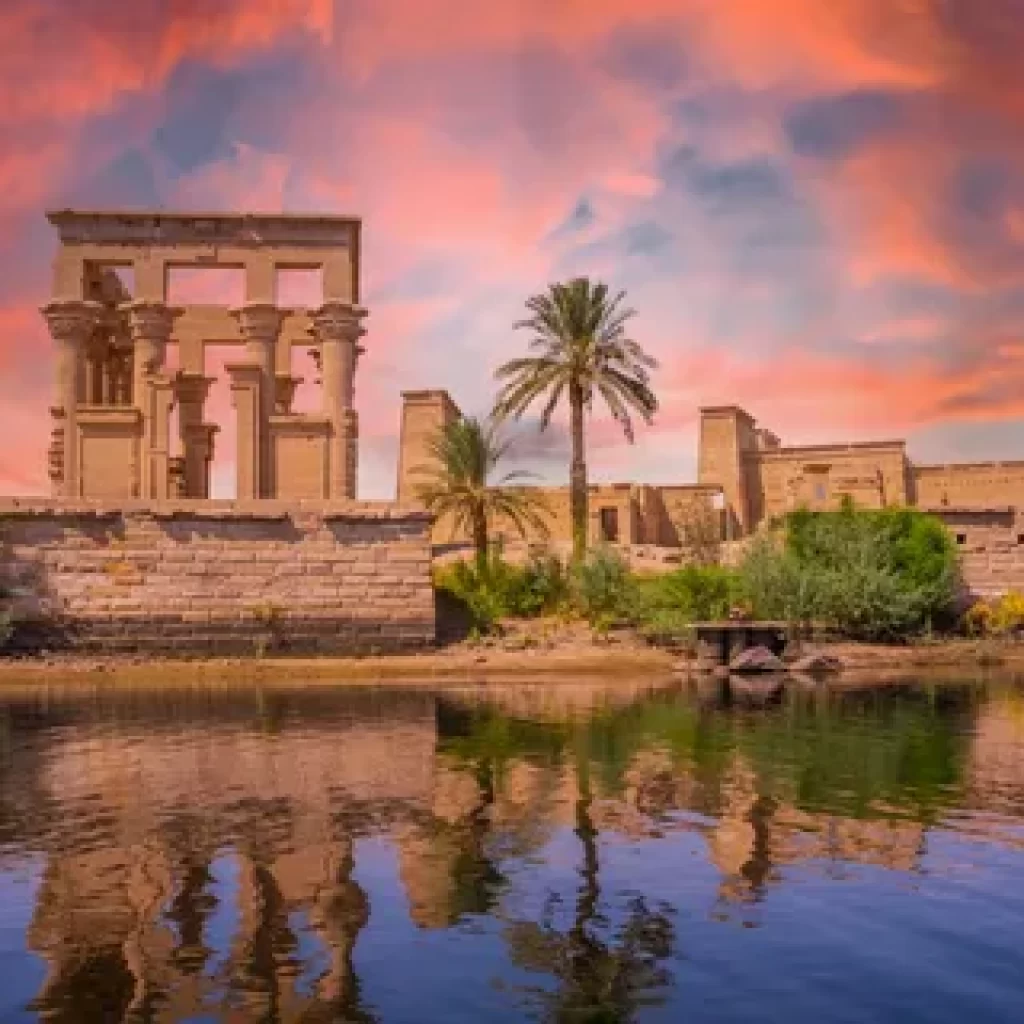
5. Luxor: The World’s Greatest Open-Air Museum
Luxor, often referred to as the world’s greatest open-air museum, is a highlight of any Egypt trip. The city is home to an incredible concentration of ancient monuments. Visit the Valley of the Kings, where pharaohs were laid to rest in elaborately decorated tombs. The tomb of Tutankhamun is a must-see, though smaller than expected, its artefacts are stunning. The nearby Valley of the Queens and the Mortuary Temple of Hatshepsut are also worth exploring.
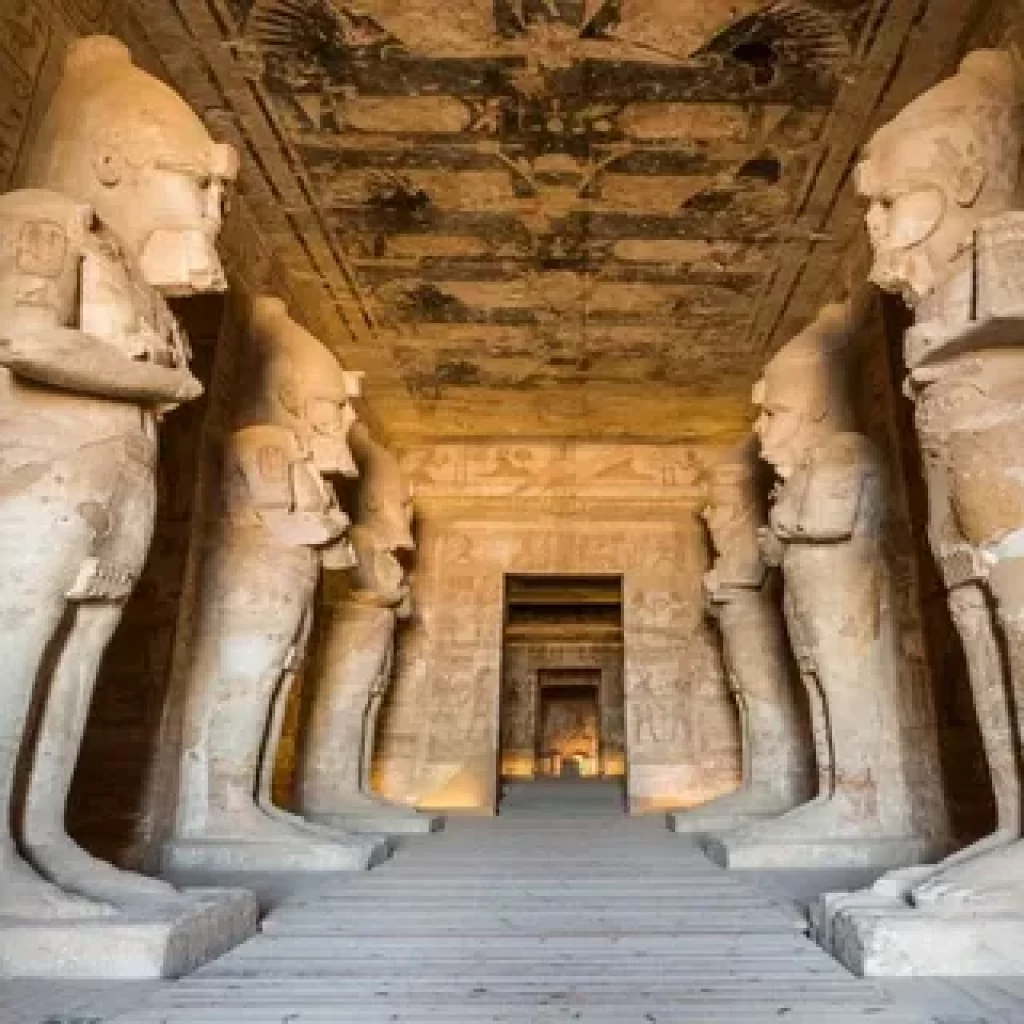
6. The Temples of Karnak and Luxor
The Temples of Karnak and Luxor are two of the most impressive structures in Egypt. The Karnak Temple Complex, with its vast array of pylons, obelisks, and sanctuaries, was the center of worship for nearly 2,000 years. The Luxor Temple, linked to Karnak by the Avenue of Sphinxes, is equally awe-inspiring. Both temples come alive at night with spectacular sound and light shows, providing a magical end to a day of exploration.
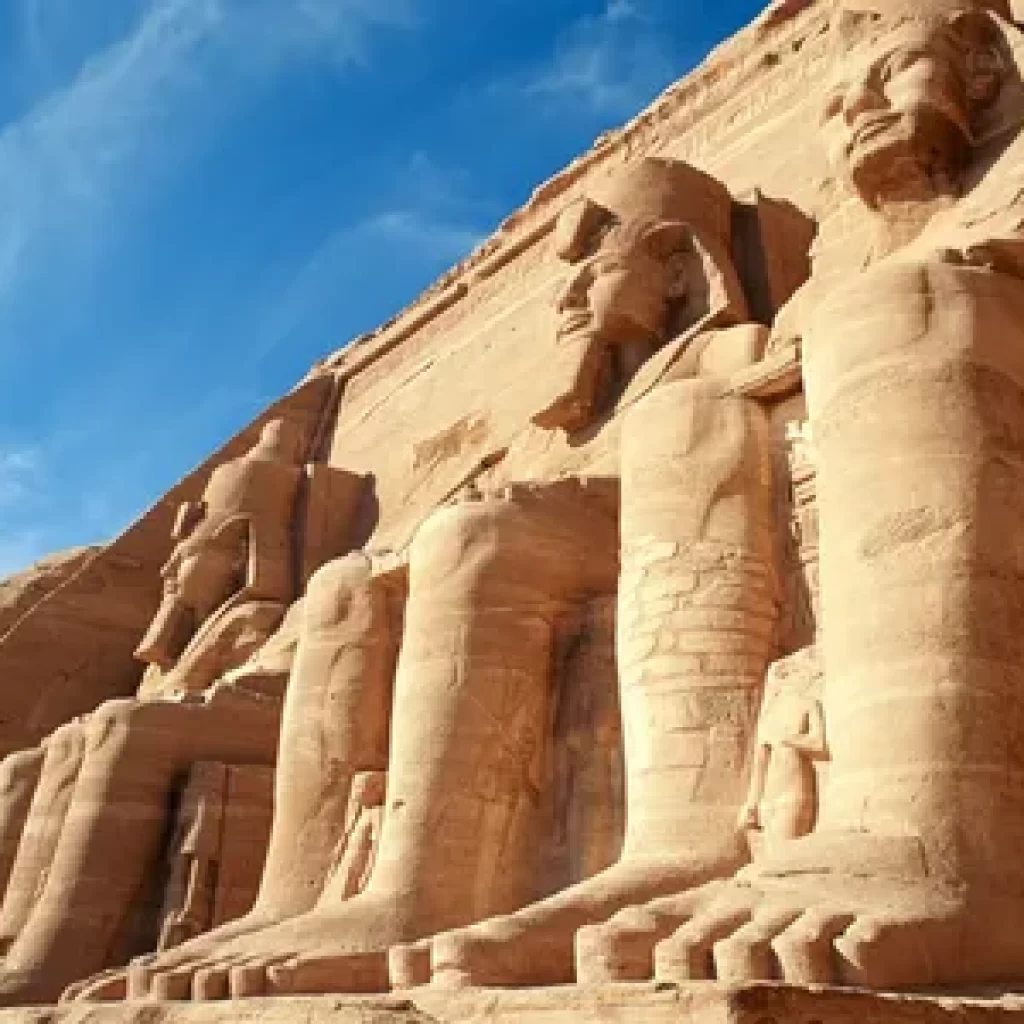
7. Aswan: The Jewel of the Nile
Aswan, with its tranquil beauty and strategic location, is a jewel of the Nile. The city is a gateway to some of Egypt’s most iconic sites. Visit the Aswan High Dam, an engineering marvel, and the Philae Temple, dedicated to the goddess Isis. A felucca ride on the Nile offers a peaceful escape from the hustle and bustle. The Nubian Museum in Aswan is also worth a visit, showcasing the rich heritage of the Nubian people.
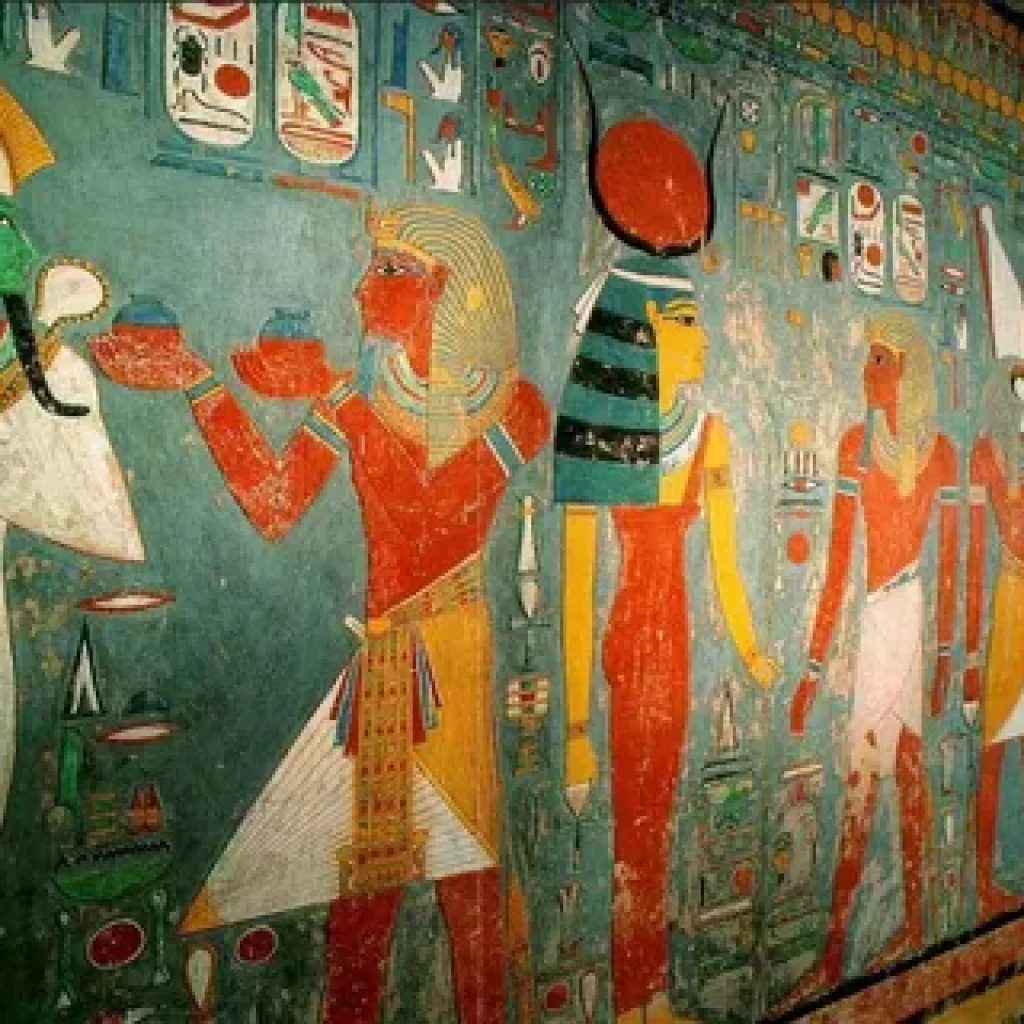
8. Unveiling Abu Simbel’s Grandeur
The temples of Abu Simbel, carved out of a mountainside, are among Egypt’s most awe-inspiring monuments. Built by Ramses II, the temples were relocated in the 1960s to avoid flooding from the Aswan High Dam. The colossal statues of Ramses II at the entrance are truly impressive, and the interior chambers, adorned with detailed carvings and hieroglyphics, tell tales of the pharaoh’s reign. A visit to Abu Simbel is a highlight of any Egypt trip.
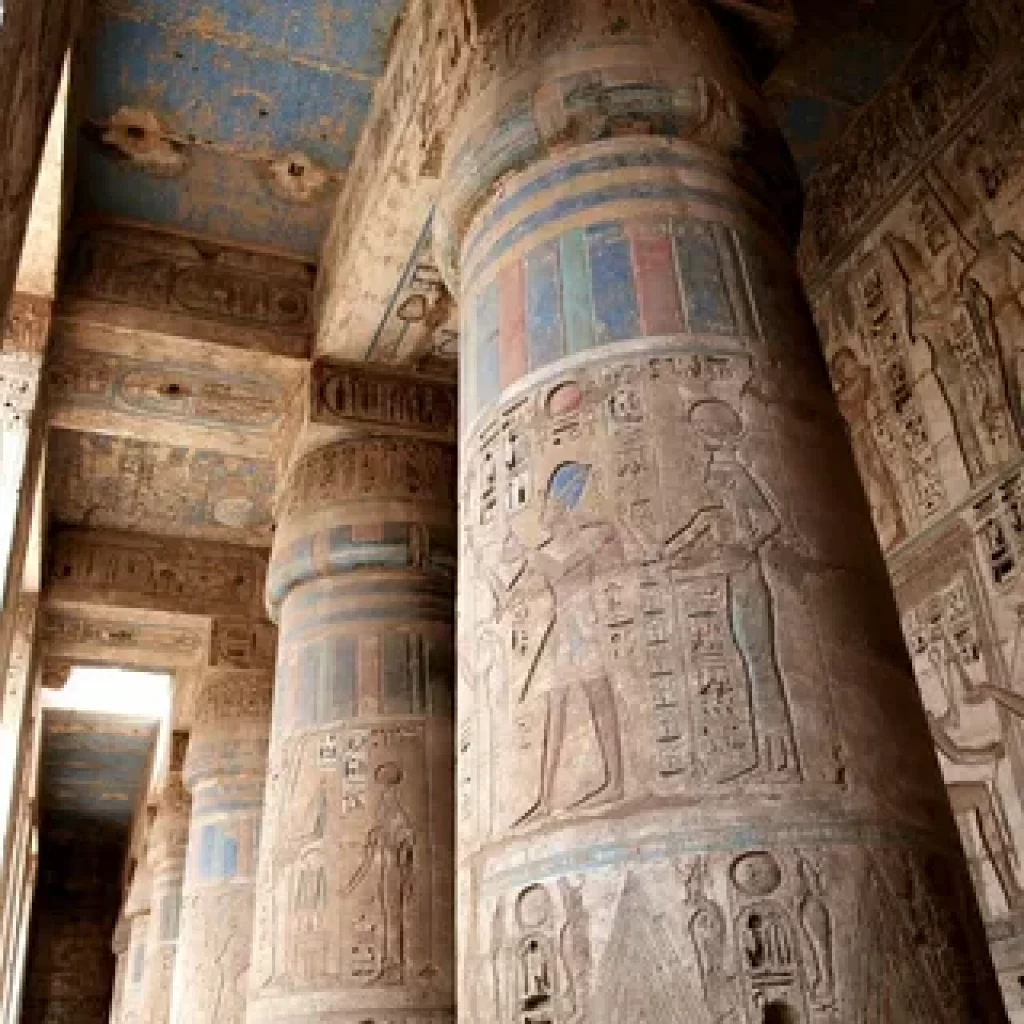
9. Experiencing Egyptian Cuisine
Egyptian cuisine is a delightful mix of flavors and textures, reflecting the country’s diverse history. Traditional dishes like koshari, a hearty mix of rice, pasta, and lentils, and ful medames, slow-cooked fava beans, are staples. Seafood lovers will enjoy fresh catches from the Red Sea, while dessert enthusiasts can indulge in baklava and konafa. Dining in Egypt is not just about the food; it’s an experience that often involves sharing meals and stories with locals.

10. Navigating Egyptian Bazaars
Egyptian bazaars, or souks, are vibrant markets where you can find everything from spices and textiles to jewelry and antiques. The Khan El Khalili bazaar in Cairo is the most famous, but markets in Luxor, Aswan, and other cities offer unique shopping experiences. Haggling is part of the fun, so don’t hesitate to negotiate prices. These bazaars are not just shopping venues but cultural hubs where you can immerse yourself in the local way of life.
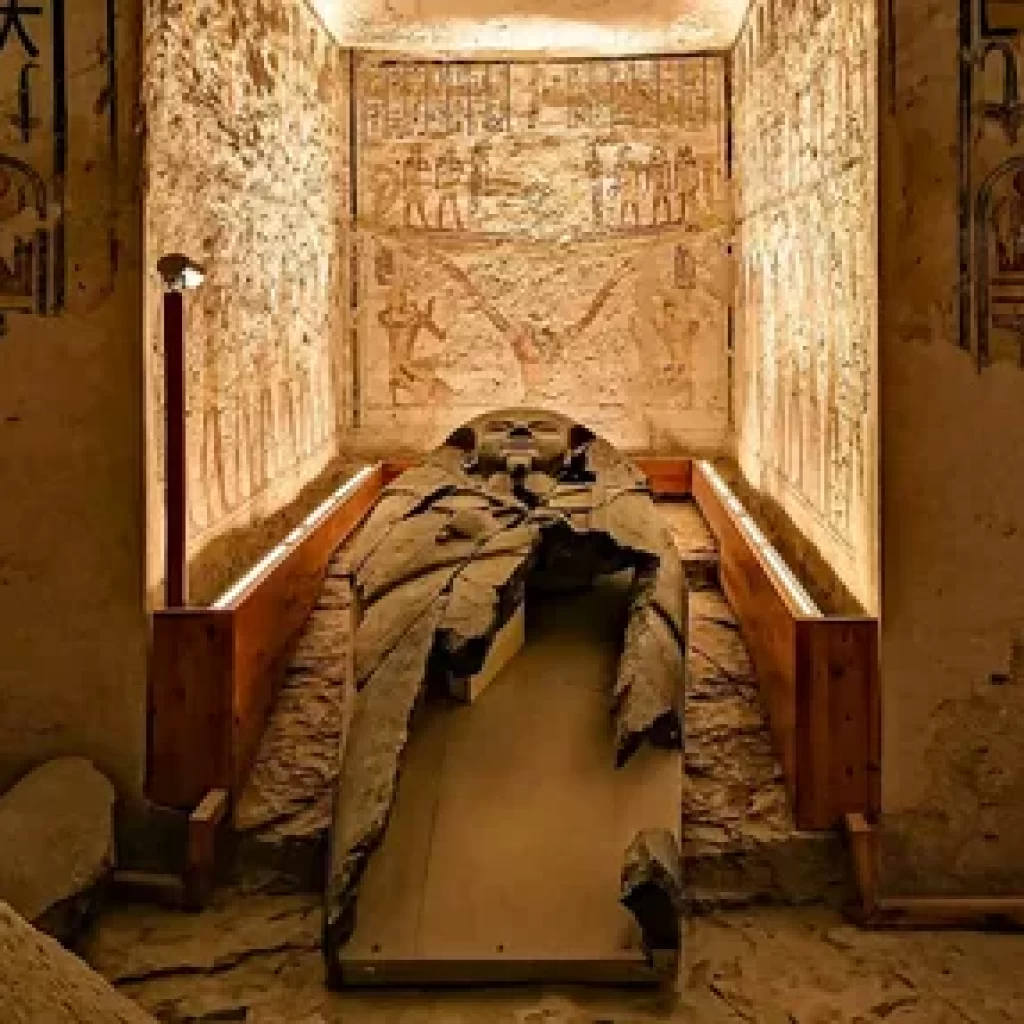
Conclusion:Egypt trip
An Egypt trip is an unforgettable journey through time, offering a rich tapestry of historical, cultural, and natural wonders. From the bustling streets of Cairo to the serene landscapes of the Nile, Egypt captivates visitors with its ancient monuments, vibrant culture, and warm hospitality. Whether you’re exploring grand temples, cruising down the Nile, or savoring delicious cuisine, Egypt promises a magical experience that will leave you with memories to cherish for a lifetime.
FAQs:Egypt trip
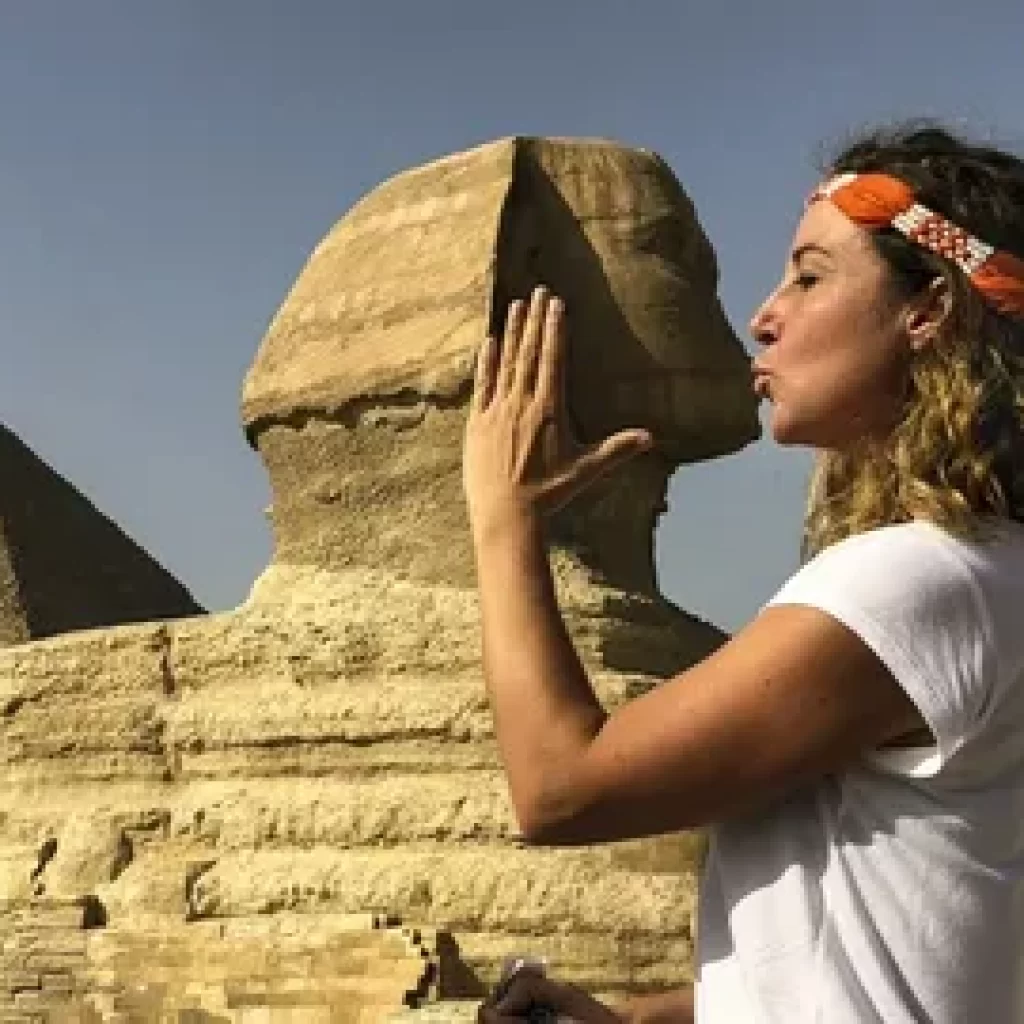
1. What is the best time to visit Egypt?
The best time to visit Egypt is from October to April when the weather is cooler and more pleasant for sightseeing.
2. Do I need a visa for an Egypt trip?
Yes, most travelers need a visa to enter Egypt, which can be obtained on arrival or through an online e-visa system.
3. Is it safe to travel to Egypt?
Yes, Egypt is generally safe for tourists, but it’s always wise to stay informed about the current situation and follow local advice.
4. What should I wear when visiting Egypt?
Light, breathable clothing is recommended, and it’s respectful to dress modestly, especially when visiting religious sites.
5. How can I get around in Egypt?
Transportation options include domestic flights, trains, buses, and taxis. Nile cruises are also a popular way to travel between Luxor and Aswan.
6. What currency is used in Egypt?
The official currency is the Egyptian Pound (EGP). Credit cards are widely accepted, but it’s useful to carry some cash for smaller purchases.
7. Can I drink tap water in Egypt?
It’s advisable to drink bottled water to avoid any stomach issues, as tap water quality can vary.
This article captures the essence of an Egypt trip, highlighting key destinations and experiences that make it a must-visit destination. Enjoy your journey through the land of the pharaohs!
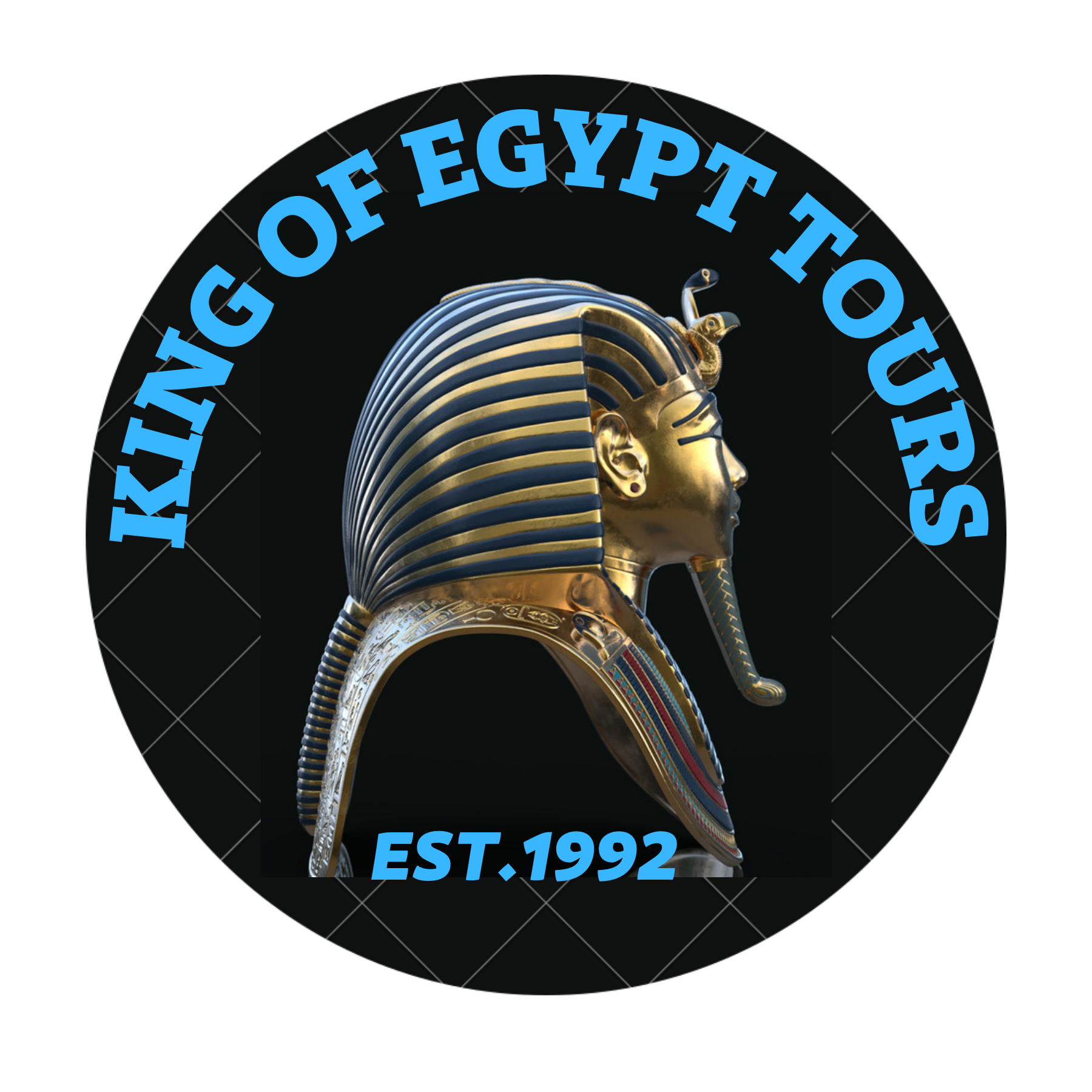
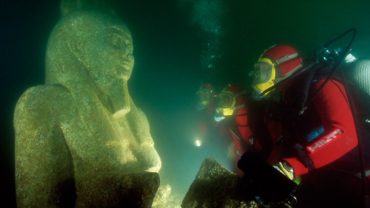
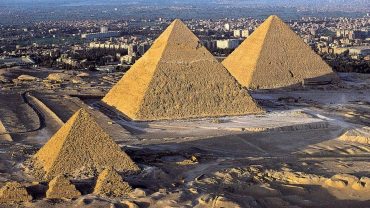
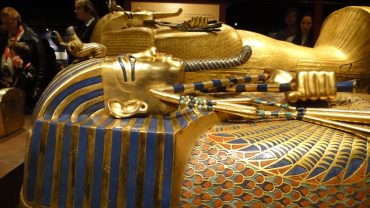

Comment (0)